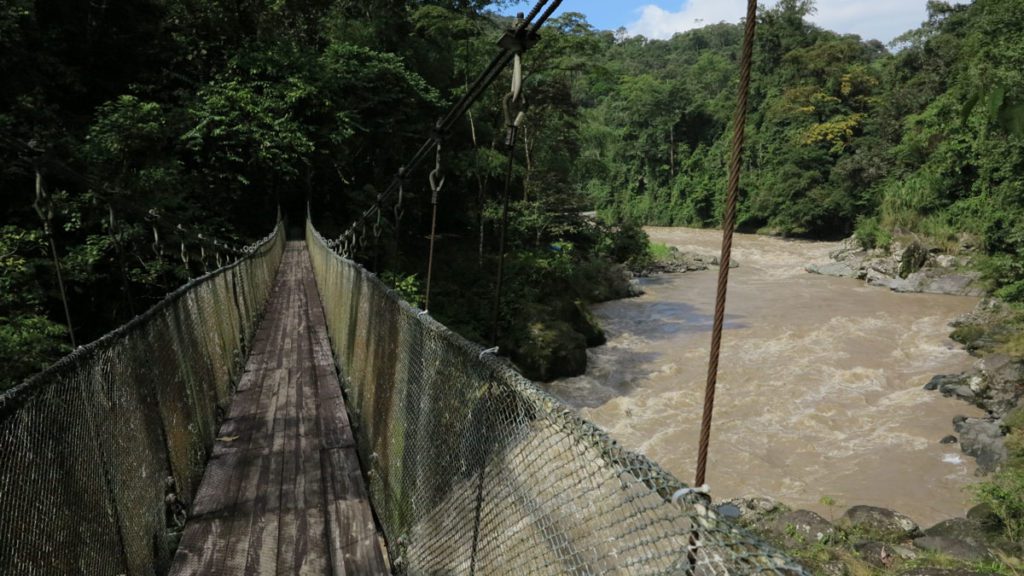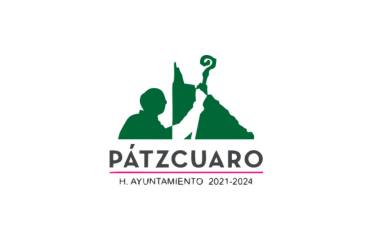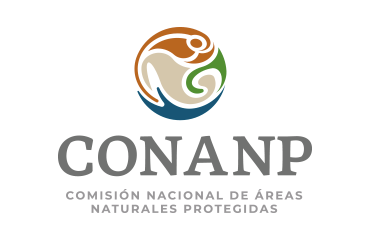According to a survey conducted at the beginning of the year by Booking.com, Millennials and Generation Z are increasingly looking for experiences based on sustainability. We speak of travelers who question ecological practices not only of the hotels where they stay but of the destinations they visit, they make decisions motivated by their growing interest in environmental conservation and are willing to explore options that allow them closer contact with the local culture.
What is Sustainable Tourism and why it represents one of the main trends nowadays?
According to UNWTO, sustainable tourism can be defined as: “Tourism that takes full account of its current and future economic, social and environmental impacts, addressing the needs of visitors, the industry, the environment and host communities”
Its importance lies specifically in the need to actively contribute to the conservation of the cultural heritage and the natural environment of a country, it is also one of the means that human beings have to save our planet.

The development of tourism projects that meet the task of mitigating climate change, as well as a development that includes all social strata, is one of the most important elements to consider when we talk about sustainable tourism.
While taking into account these considerations in favor of sustainable tourism has benefits for all countries, including Mexico and Latin America, ignoring this trend could be very costly since the areas most affected by climate change is the Caribbean, while climatic phenomena extremes such as cyclones, floods, droughts, among others, do not distinguish political division and could force the inhabitants of small cities to opt for migration.
In fact, the effects of global warming are already visible throughout the Caribbean region and it is very likely that we ourselves have witnessed these effects in our own communities.
For those of us who also depend on tourism, it is even more serious because the resources we once had are now uncertain, the arrival seasons of certain species have been affected, precisely due to climate change, to mention an example of several.
Costa Rica, an example for Latin America

Costa Rica is one of the most important countries in sustainable tourism because they have been one of the first to understand that if their main attraction is nature, then it is their priority. This small country entered into 2019 reaffirming its plan to completely free itself from fossil fuels when it also managed to beat its own record of 300 consecutive days with electricity generated by renewable energies, thus becoming a global reference.
The conditions of Costa Rica are favourable in many ways because it is a country with great possibilities for the creation of sustainable energy that also has politicians who have understood the importance of fighting climate change and citizens who have been involved in a conscious manner and active in the subject.
Currently, Costa Rica aspires to be the first carbon-neutral nation in 2021, decarbonization is in fact “the great task of our generation”, as Carlos Alvarado, President of Costa Rica declared, he also seeks to abolish the use of fossil fuels in his economy to make way for the use of clean and renewable energies.
However, it is not a recently implemented program, Costa Rica has been aware of its vocation for several years.
Since the eighties, they began with the work of environmental conservation through the financing of national parks and protected areas, as well as investment in environmental institutions, education projects, ecotourism and sustainable management of forests and jungles.
According to the Costa Rican Institute of Electricity, the law that today provides energy to almost the entire population, and is generated with renewable sources is almost 70 years old and is an initiative that speaks of inclusiveness while remaining responsible with the environment.
With initiatives and efforts created in favour of ecological conservation and sustainable development, Costa Rica qualifies as a country aware of its riches. Some of the initiatives to be highlighted are: the Law for Rural-Community Tourism Promotion, which seeks to “enable people living in rural communities to manage their own development and participate in the planning and use of the natural resources in a sustainable manner, in order to allow them a better living condition “; o The National Bird Route created by the Costa Rican Tourism Institute, in order to make sustainable use of the wealth represented by the more than 900 species that live there.
The Central American country has been able to take advantage of the benefits of trends in the market that demand more and more a product that allows them to be in direct contact with nature. Its conservation and natural promotion strategies have led it to be recognized as one of the most important ecotourism destinations worldwide.
The site specialized in trips TripAdvisor describes Costa Rica as:
Cosy, quiet and progressive, Costa Rica is one of the most important ecological tourism destinations. Being almost a quarter of the country national park or protected area, there are many possibilities to explore the wonders of nature.
The most interesting thing is that nowadays, Costa Rica has turned its ecological vocation into a whole product since, in addition to visiting and knowing its natural riches, it is possible to know more about the actions taken in favour of its conservation through the diffusion of its programs among the visitors that come every year.



























































